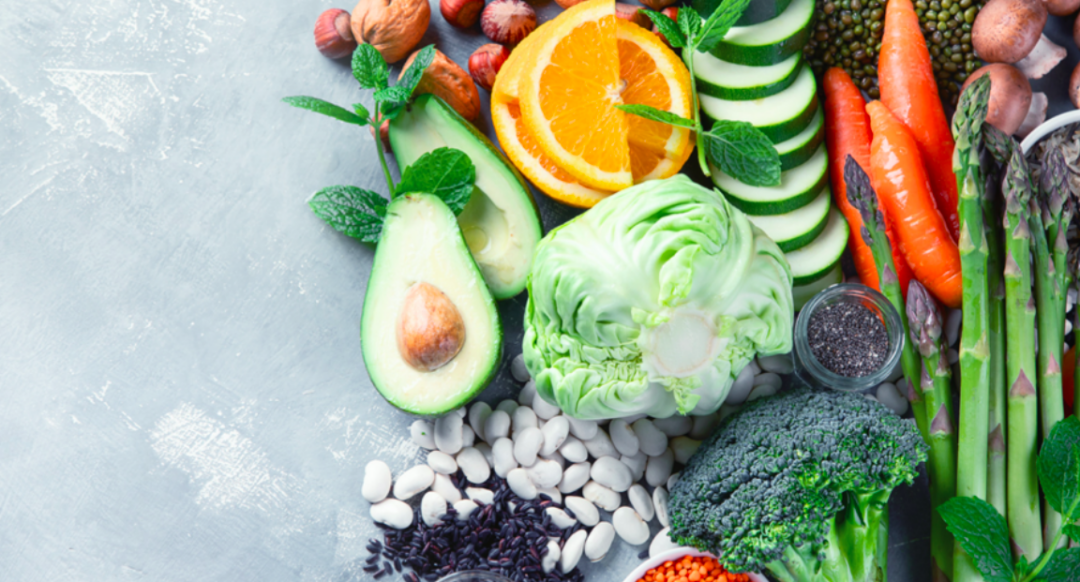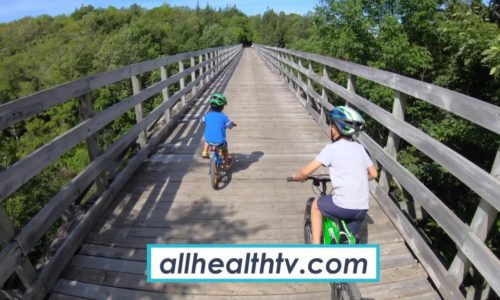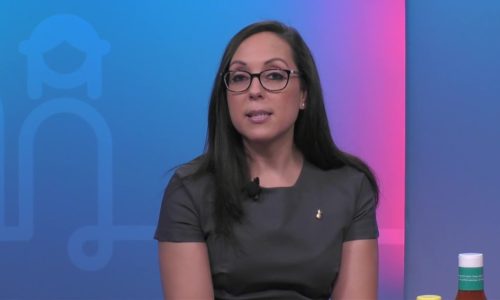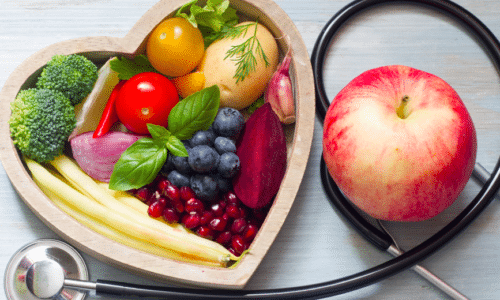Are Plant-Based Diets Safe for Children? |

Lucette Talamas, Registered Dietitian, goes on to talk about plant-based diets, of which there are many to choose from: vegetarian, vegan, pescatarian, and even the Mediterranean diet to an extent. The foundation of the Mediterranean diet is plant food, so that is why it is included in research on plant-based diets. When choosing from the wide selection of plant-based diets, Talamas recommends finding something that works best for you.
There is a popular misconception that plant-based diets do not supply the proper amount of nutrition for the body, Talamas says that this could be partly true. It is possible for a plant-based diet to be unhelpful, but that can be true of any diet. “Someone might say they’re low-carb, someone might say they’re plant-based, that doesn’t really tell me what they’re choosing every day,” Talamas says, “in terms of a plant-based diet, potato chips and French fries are vegan. Those are fried foods, they’re processed, higher in oils, and maybe even have sodium. Just because someone says they’re plant-based does not instantly mean they’re making healthy choices.”
The goal with any diet should always be to have a well- planned and healthy diet, that goes for plant-based diets as well. Talamas encourages plant-based diets to include whole grains, fruits, vegetables, nuts, seeds, and plant sources of protein such as tofu and beans to maintain a healthy balance.
Avoiding meat, red meat, can be very difficult for a lot of people. “That’s an important question to think about, if this way of eating is something you can stick to and want to stick to in the long run. Think about those family occasions where you get together, there might be red meat present and you’re going to feel like you’re missing out,” Talamas warns. She suggests that aiming towards limiting red meat might be better than eliminating it completely because of its nutritional value. “Red meat does contain a great source of iron and it’s a great source of vitamin B-12. We want to make sure those nutrients are present in a plant-based, vegetarian pattern,” Talamas says.
It is possible to maintain holistic nutrition on a plant-based diet. Natural vitamin B-12 can be substituted with dietary supplements and beans and lentils are a great source of plant-based iron and protein. “Sometimes, we just think of meat as protein, but our plants provide us with the same amino acids that we find in animal foods,” she explains, “The main thing is, that we have to keep a variety of these plant-based foods, that are higher in plant protein, in order to get that variety of amino acids that our body needs.” Beans, nuts, seeds, tofu, edamame are all great sources of plant protein that can make up a well-balanced plant-based diet. The interviewer asks Talamas if plant-based diets are appropriate for children, specifically younger children around four to six? Talamas responds that yes, it is possible for children to get all the nutrients they need from a plant-based diet. If the family is vegetarian, then the child can still eat dairy like yogurt, milk, and cheese, which are great sources of calcium for a growing child. If the family is vegan and has eliminated animal products altogether, then making sure you pick a fortified plant milk that still provides a good source of calcium and vitamin D is essential, especially for a child who is going through their crucial moments of growth and development. “It is possible, but again, you have to put in the effort to plan a well-balanced, plant-based diet, not just for children, but also adults,” she says.
Watch the full interview with Lucette Talamas here: https://youtu.be/rv-Yyh5yWaY








